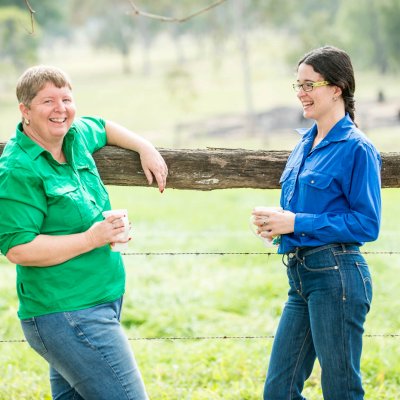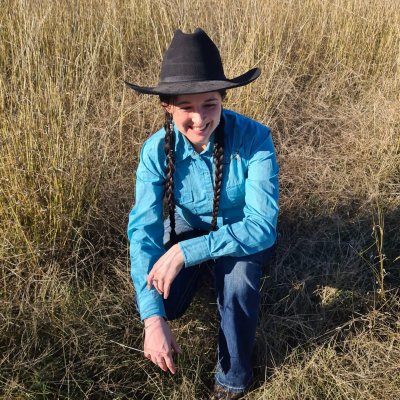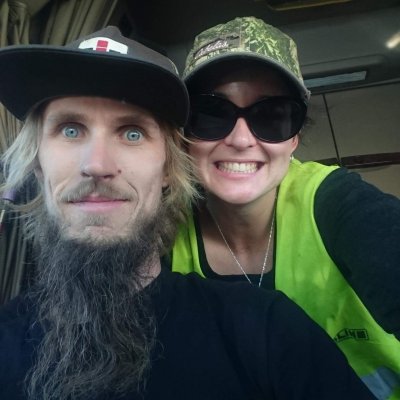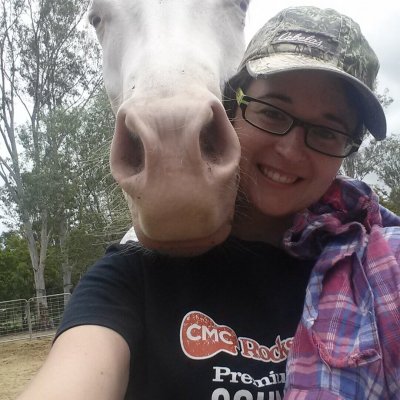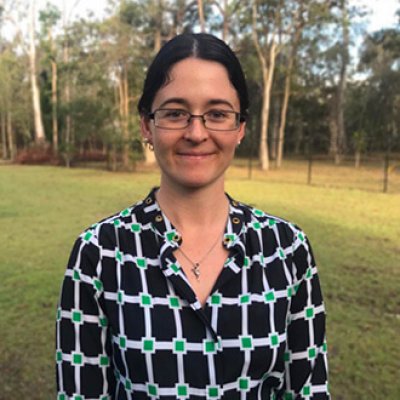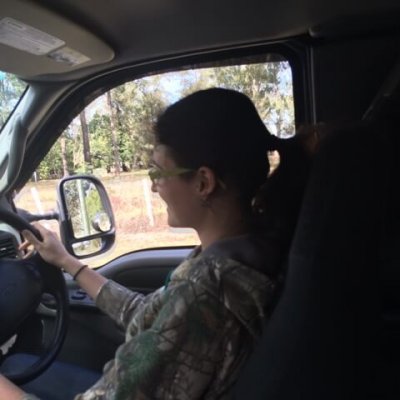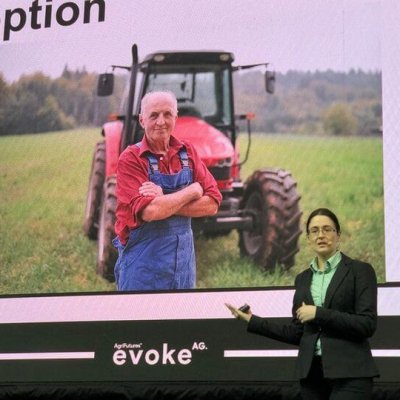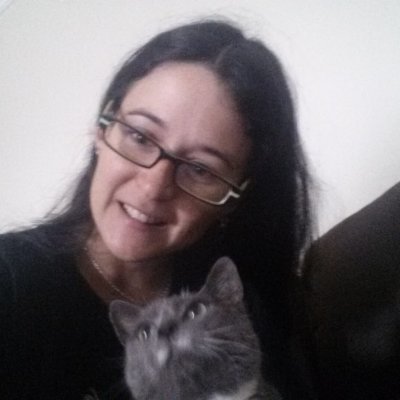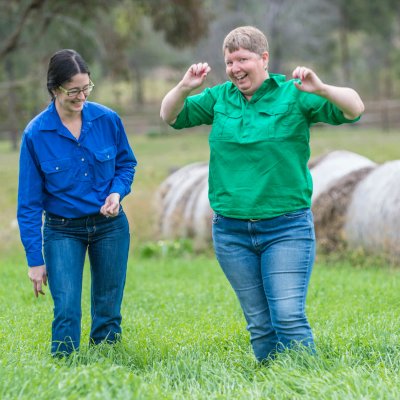With a PhD in farmer mental health help-seeking and a career in rural health research, Dr Caitlin Vayro is intent on improving the lives of primary producers. Based in the semi-rural area of Munruben in southern Queensland, she works in rural health for Southern Queensland Rural Health and in medical education research for General Practice Training Queensland. Conscientious, determined and resourceful, she sits on a number of committees and is a 2020 finalist in the evokeAG Future Young Leaders Australia/New Zealand program. Caitlin loves the camaraderie that comes with being a rural woman, and is happiest when she sees healthy and happy rural communities and when spending time with her family.
When asked what concerned her about the health, safety and wellbeing of those in rural industries and communities, Caitlin said she worries about the mental health of all farmers. “Many parts of Australia have had a tough go of it for a long time, drought, floods, fires and the like, and this impacts the farm, the business and the farmer themselves,” she said. Caitlin recommends getting back to basics – getting eight hours sleep, exercising every day and eating healthily – and urges people to be alert to changes in the behaviour of those around them. “If you notice any changes in friends or colleagues, ask them how they are going, listen without trying to solve whatever it is they’re facing and suggest they talk to a professional.” When it comes to talking about mental health, she says personal, private conversations can be most effective. “Your own wellbeing is important too, so a balance is needed.”
How would you describe yourself in three words?
Determined, conscientious and resourceful.
Tell us something interesting about yourself...
I grew up in a semi-rural area and completed a PhD on farmer mental health help-seeking. I now have a job in rural health research as well as one in medical education research. I also hold positions on steering groups and committees.
I am very passionate about health, particularly mental health in non-metropolitan areas, and aim to inform meaningful, evidence-based changes at all levels, to ensure the longevity and happiness of those that make up the backbone of Australia.
What achievements are you most proud of?
This is a tough one, but I think being awarded my PhD takes the top spot.
What makes you truly happy?
Seeing happy and healthy communities, and because I practice what I preach, spending time relaxing with my family.
What do you love the most about being a rural woman?
I don’t know if I make the cut as a rural woman because I live in a semi-rural area, about 40 kilometres from Brisbane. Maybe I could be an honorary rural woman because I continue to work to improve rural health.
I love the community around rural women. I have found so much support and camaraderie (particularly on Twitter).
Tell us about a time when you felt worried about your own or someone else’s health, safety or wellbeing.
I worry about the mental health of all farmers because I know what the statistics say. Many parts of Australia have seen all sorts of unfavourable conditions for a long time and this impacts the farm, the business and the farmer themselves.
It’s common to hear things like “I’ll be okay when it rains”, which might be true, but is also concerning – there is a chance it won’t rain soon and I want the farmers to be okay regardless. While there is great complexity to this notion, the point is that there are small things that can help a farmer cope with hard times and mental health services can make a difference if they’re used. It isn’t all emotion-focused, they can provide practical strategies that help calm you down and change your thoughts. A simple example of a calming strategy includes breathing in deeply for 4 seconds, holding for 2 seconds and then breathing out for 4 seconds.
What practical things did - or could - you or someone else do to prevent yourself or someone else from getting hurt?
Again, focusing on mental health, your key health behaviours are important. Think getting eight hours of sleep, 30 minutes of exercise, two serves of fruit and five serves of vegetables each day, as well as limiting alcohol and avoiding smoking.
If you notice any changes in friends or colleagues:
- ask them how they are going
- listen without trying to solve whatever it is they’re facing, and
- suggest they talk to a professional (like their GP or a psychologist).
“You can make suggestions, model the change you want see, provide support and act as a facilitator, but as the saying goes: ‘You can lead a horse to water, but you can't make it drink.’ So plant that seed, but your own wellbeing is important too.”
Caitlin Vayro, Munruben, Queensland AU Tweet this
Is there a time, place or scenario when your partner or those you work or spend time with are more willing to make changes to the way the work is done, or are more open to making safer, healthier choices?
If you’re giving information, it can be okay to do so in a group setting, but unless a person has openly discussed their mental health previously, then conversations about someone’s mental health are likely to be more fruitful if done one-on-one and in private.
Very much in line with the #SaveALifeListenToYourWife message, having tactful emotional support from a partner might help encourage help-seeking as well.
If you could give any advice to another rural woman about health, safety and/or wellbeing in rural industries and communities, about influencing change in business - or just in general - what would it be?
You can make suggestions, model the change you want see, provide support and act as a facilitator, but as the saying goes: ‘You can lead a horse to water, but you can’t make it drink.’ So plant that seed, but your own wellbeing is important too.
Is there anything else you'd like to share?
Your GP is a great place to start if you find yourself having more bad days than good. If it isn’t within their hours, then Lifeline (13 11 44) or the Country Callback Line (1800 54 33 54) are also there to provide you with support.
